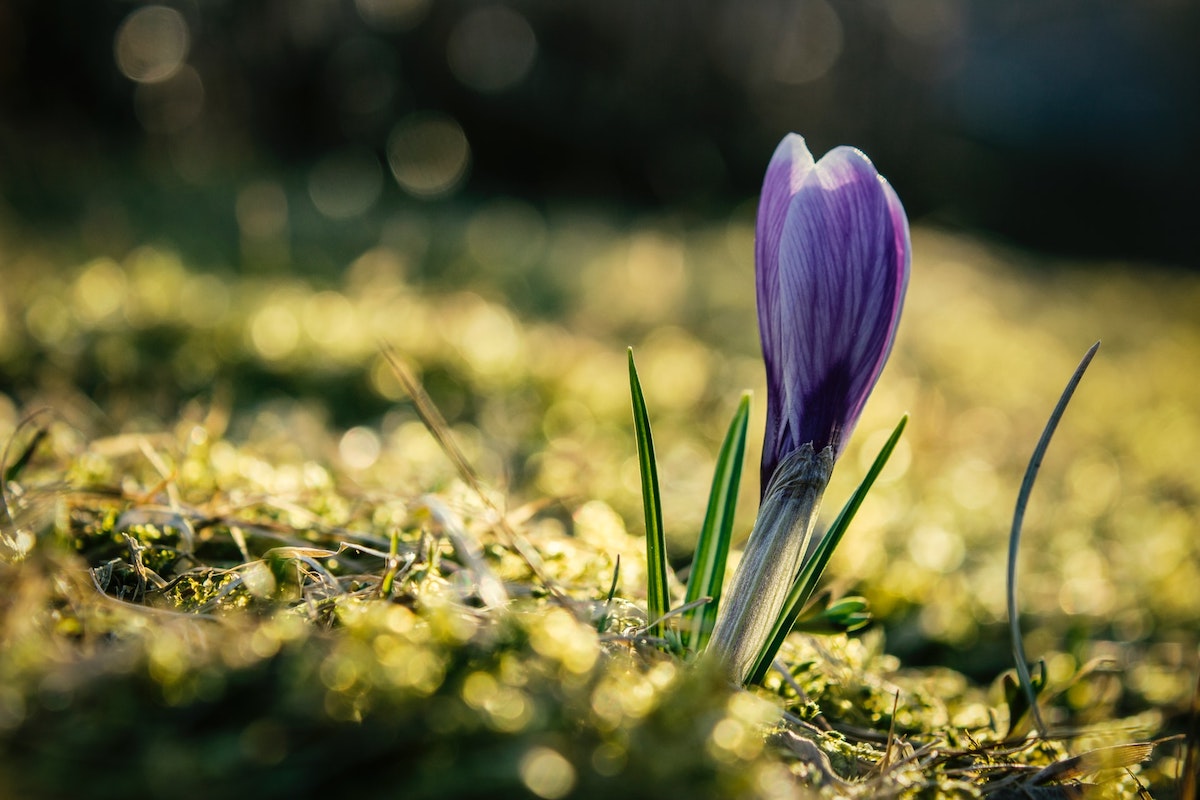
Staying positive (but testing negative!) during the pandemic…
Conservation Careers Blogger Beth Beale shares some positive impacts COVID-19 has had on the planet, and how we can keep supporting nature after the pandemic.
2020… What a year it has been! Despite concern over the uncertainty of what might happen to us all, the lockdowns caused by the Pandemic have actually been a welcome break for our natural environment and ecosystems.
Clear waters in the Venice canals, blue skies over Delhi and forgotten animals making a return are just some of the ways these positive impacts have been shown. Although many media outlets focus on the negatives of COVID-19, isn’t it time we had a closer look at some of the positive effects that our lockdown and isolation periods have had on the planet?

Stay home to save lives.
By staying at home to keep safe and looking for work opportunities locally, more of us can make a difference to our area and in turn, the planet. By improving the health of the planet and limiting our exposure to issues such as air and water pollution, we can reduce vulnerability to future pandemics and improve our health and wellbeing.
Below are just a few of the positives that our planet has gained from the lack of anthropogenic disturbance as we entered a year of lockdowns…
- The reduction of air pollution and greenhouse gas emissions has occurred as industries have closed down, resulting in a 50% reduction in places like New York and China and improving air quality to reduce respiratory diseases.
- Restricted air travel has also lowered fossil fuel consumption which has helped to combat global climate change.
- Water pollution has been reduced as less domestic and industrial waste is being dumped into water sources, thus allowing water quality and aquatic species to thrive again.
- Anthropogenic noise pollution from various human activities has dropped significantly and enabled predator – prey relationships to return to normal. For example, in California, Black Bears have been roaming through empty campsites as these animals adjust to a world relatively free of people and the fear they engender.
- Ecological restoration has occurred as tourist hotspots become quiet and anthropogenic disturbance is minimised, allowing plants and animals to recover and thrive in their environment.

An empty airport terminal.
With countless other environmental benefits arising as a result of COVID-19, we need to be aware of these and attempt to maintain the natural recovery that the environment is beginning to make. By raising awareness of these positive outcomes, we can try to ensure that they become permanent rather than simply a temporary state.
Opportunities to help these positive outcomes become permanent have developed online throughout the last year – whether it’s the Conservation Career Kick-Starter online course, remote internship opportunities promoting environmental conservation, or simply brushing up on your environmental knowledge, all of these can both help the environment and stimulate interest in a possible career in conservation.
So, with COVID-19 providing us with some free time, now might be the time to consider a career in helping the planet!
The pandemic has highlighted that our societal resilience and our environment are inextricably interlinked, and we need to foster this relationship now and into the future. Next time we go to book a flight, purchase unnecessary plastic or drive rather than walk somewhere, consider the impact that you are having and think about what you could do to make a change.
Some simple changes to foster this societal – environmental relationship and maintain a positive momentum for environmental recovery could include:
- Good waste management – try to avoid single use plastics that are often burned after use and subsequently contribute to poor air quality.
- Follow the Countryside Code (UK) – If possible, try to minimise any impacts on habitats to help reverse biodiversity loss: ecosystem services (benefits provided to us by the natural environment) are crucial to reducing disease propagation.
- Buy local – buying local produce can reduce the air miles required to bring food over, again reducing air pollution.
- Consider taking one longer holiday a year rather than several shorter trips to reduce our carbon footprint.
- Keep adventures local – as wonderful as it can be travelling long distances to exotic places, consider whether there is a closer alternative for you.
- Be respectful of an areas culture and environment – attempt to choose more sustainable accommodation and activities to minimise any negative impacts.
- Consider group travel – this will help to reduce carbon emissions.
So even when the news seems a bit doom and gloom, remember that this time, although difficult, has also allowed a healing process for our planet, and that is something that we should all be grateful for.
Useful links and further reading:
- How to keep cities pollution-free after virus lockdowns lift | Transport & Environment
- When Confronting a Pandemic, We Must Save Nature to Save Ourselves | Center for American Progress
- Addressing climate change post-coronavirus | McKinsey
- Conservation Jobs and COVID-19 | Start of the Green Recovery? | Conservation Careers
- Conservation community hit hard by COVID-19: Why the planet’s guardians need support now | Conservation Careers
- How to unlock your career during lockdown | Conservation Careers
- The Countryside Code | UK Government
- How the Coronavirus Has Changed Animals’ Landscape of Fear | Scientific American




 Author profile | Beth Beale
Author profile | Beth Beale